Karolyn Coorsh, CTVNews.ca Published Thursday, September 18, 2014 1:01PM EDT Toothpaste maker Crest says it is removing microbeads from its products after some dental hygienists raised concerns that the ingredient may be potentially harmful to teeth and gums.Crest says on its blog that it will begin phasing out microbeads from its dental care products, despite the additive being “completely safe,” and approved for use by the U.S. Food and Drug Administration. Crest products, including dental floss, toothpaste and toothbrushes are manufactured by the U.S.-based Procter and Gamble.The microbeads, blue specks that are visible to the naked eye, are commonly used as “scrubbing beads” in exfoliating products. In addition to toothpastes, they are also present in some chewing gums. Often times, they are used to add colour to a product.“Dental professionals will attest that enjoyable toothpastes generally promote longer brushing time and thus healthier outcomes,” Crest said. “We do understand that preferences change, so we have begun removing microbeads from our toothpastes.”The company says all Crest products – many of which are sold in Canada -- will be microbead-free by the spring of 2016.The move was prompted by U.S.-based dental hygienist Trish Walraven, who called on patients to “consider” discontinuing the use of the products after regularly spotting the beads in her patients’ mouths.In her blog post, titled “Crest toothpaste embeds plastic in our gums,” Walraven wrote she would see “bits of blue plastic” stuck in her patients’ mouths almost on a daily basis.She raised concern that many of the beads are “scrubbed” into the mouth during brushing and get “trapped” in the gum channel, where diseases like gingivitis can originate.“I am not saying that polyethylene is causing gum problems,” Walraven wrote. “I’d be jumping too soon to that conclusion without scientific proof. But what I am saying definitively is that plastic is in your toothpaste, and that some of it is left behind even after you’re finished brushing and rinsing with it.”Microbeads deemed safe by Health CanadaMary Bertone, president of the Canadian Dental Hygienists Association, said she has yet to hear any complaints or concerns over the microbeads from her own clients, but suggested the changes by Crest may prompt renewed research.Though the association has partnerships with dental care product makers such as Crest, she said she relies heavily on evidence-based research when recommending toothpastes to her clients.“We can’t make the claim that it’s harmful because there isn’t information to prove that it is,” Bertone said.Despite this, Bertone, who works in Winnipeg, said she is pleased that Crest is “listening to professional and public concerns.”In an email to CTVNews.ca, a spokesperson for the CDHA confirmed that the organization “has not received any direct complaints or questions regarding toothpastes containing polyethylene from either the public or dental hygienists.”The Canadian Dental Association also says it has not received complaints regarding microbeads.Dr. Euan Swan, the CDA’s dental programs manager, says products containing microbeads are deemed safe by Health Canada.He suggests the concerns may be overblown.If the toothpaste is used as directed, Swan said, “the microbeads pass through your system.”That the beads would become lodged in gums and cause damage would be a “rare occurrence,” he said.“These little polyethylene microbeads aren’t going to attract bacteria that isn’t already there.”Read more: http://www.ctvnews.ca/business/crest-removing-controversial-microbeads-from-toothpaste-after-outcry-1.2013155#ixzz3EcpfKpOX
Microbeads in Toothpaste

